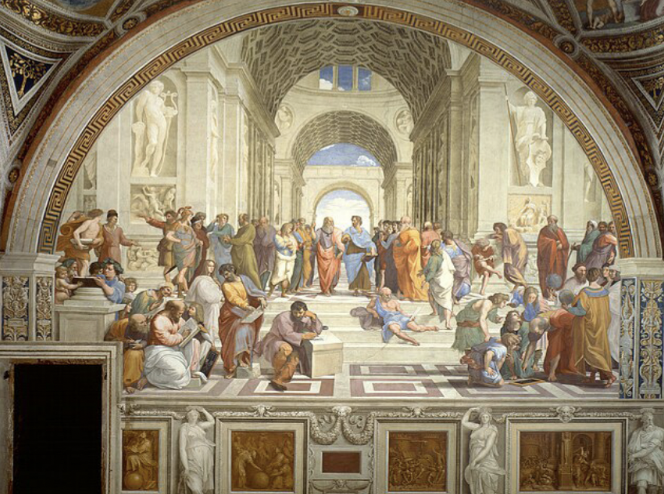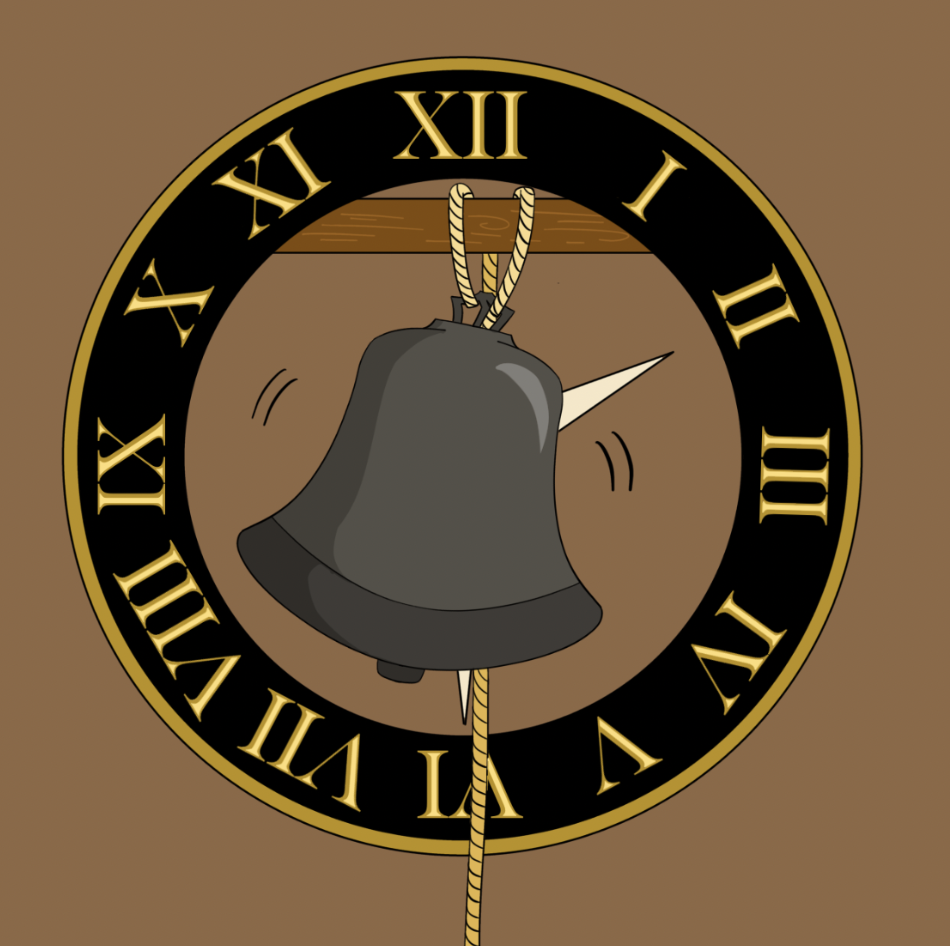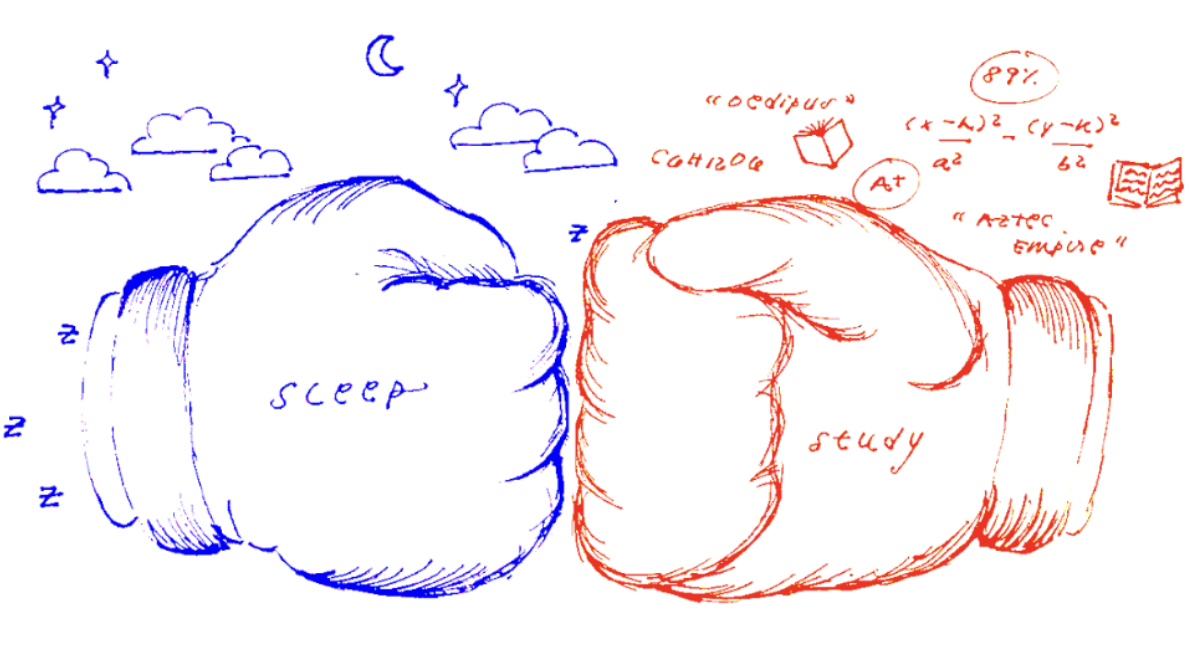There was once a generation of Renaissance scholars who believed in literature. Not people who mindlessly read, processed, analyzed, and sold literature, no—these were people who truly believed in literature. They believed that works of ancxient antiquity, both in form and content, could alleviate the burdens of people and purify the enterprises of the state. They recognized that classical texts could instruct people to be persuasive and wise, to speak with charisma, and to reconcile their inner turbulence with the forgotten spirit of the world.
Times have changed. It’s easy to scoff at Latin grammar and syntax, to dismiss vocabulary and rhetoric, and even more challenging to find the relevance of classics today. The materialism of 21st-century culture has worked to the disadvantage of classical training, now perceived as an elitist, unproductive, and downright useless pursuit compared to more lucrative and practical options. In turn, classics departments in both universities and secondary schools have made enormous concessions. Taking Howard University as a case in point, a review of academic programs in 2017 resulted in the complete dissolution of its classics department. Likewise, only a handful of privately managed schools––Groton being one of them––still seriously teach classics, with even fewer having a classics requirement.
Scholars of the Renaissance believed that education equipped people to live agreeable lives. Given the moral, social, economic, and political degeneration of their time, their pursuit was intentional. A similar dilemma presents itself in the 21st century. Violent religious conflicts, fruitless trade wars, and hostility between nation-states dot the geopolitical landscape. We have adopted behavior, speech, and dress that are far more crude, more decadent, and irreverent than our predecessors.
Fortunately, the transformative property of the classics—to lessen corruption and urge the public to virtue—has remained unchanged. We ought to focus our attention on restoring classics to its former purpose, and we must undertake several courses of action. First, we must separate rhetoric from its pejorative associations, which has increasingly been used as a tool of manipulation and deception. We must strive to use eloquence to erect constructive and accessible platforms for discourse. We must remain staunch in defending our convictions about the way of life and be acutely aware of the good and evil present in our history and literature. And we must rethink our attitude toward success and failure to promote intellectual riches instead of material extravagance.
We mustn’t look to classical study as the saving grace amidst the political, social, and economic turmoil of our world. But when we regard the works of ancient classicists with more favor, we can develop a robust foundation for good character and more fortified defenses against the sham values of commercial culture and the dangers of ideological warfare.
Groton and its peer schools should broaden their studies in the classics department to include substantive fields of the traditional humanities: moral philosophy, eloquence, prose, and history. In doing so, schools can widen their education aims, not just to impart students with knowledge of Latin and Greek, voices and declensions, Cicero and Homer, but to endow them with judgment, perspective, and taste.








